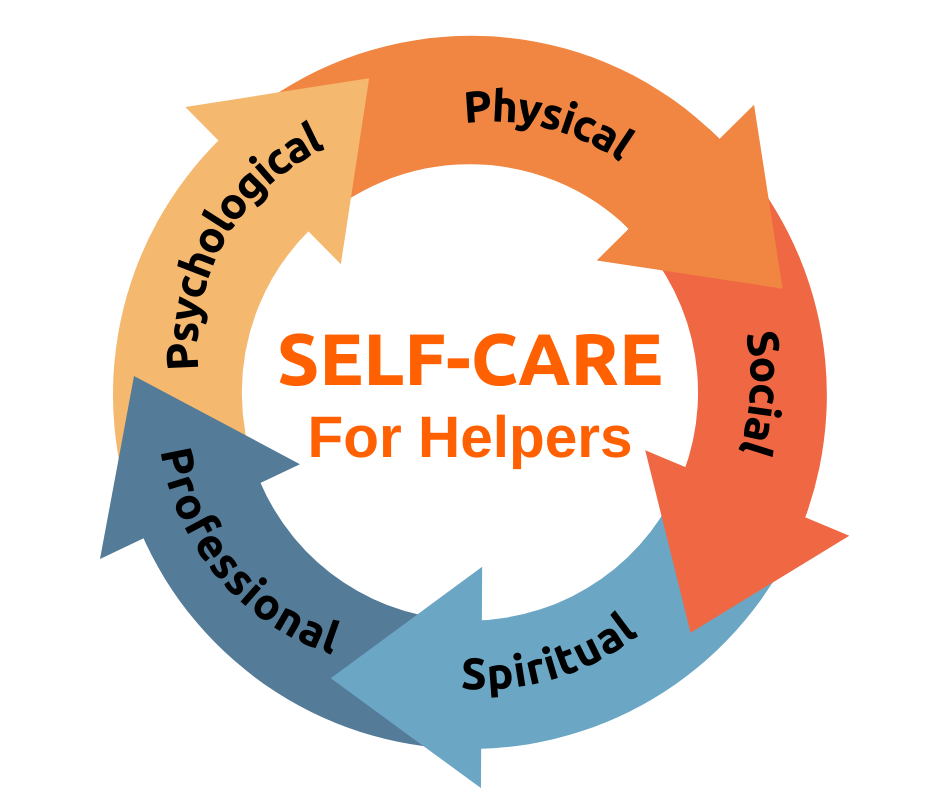Self-Care Assessment
& Action Plan
Self-care activities are things you do to keep your health and well-being in check.
This assessment will help you to consider how often and how effectively you engage in self-care activities. The purpose of this assessment is to help you understand how you are caring for yourself in (5) self-care domains.
This assessment does not include all self-care activities, but it will help you start thinking about your self-care needs.
How to use the assessment:
1 = I do this poorly, I do this rarely, or not at all
2 = I do this OK, I do this sometimes
3 = I do this well, I do this often
Physical Self-Care
Eat foods that are healthy for you:
Follow a personal hygiene routine:
Move intentionally for at least 30 minutes per day (e.g. exercise):
Wear clothes that help me feel comfortable:
Eat regularly:
Participate in physical activities (e.g. walking, swimming, dancing, sports):
Get enough sleep:
Go to preventative medical appointments (checkups, teeth cleanings):
Rest when sick:
Psychological Self-Care
Take time off from work, school, and other obligations:


Social
This domain is all about nurturing relationships and interacting with others. Social self-care can be as varied as spending quality time with family, going out with friends, or engaging in community service. For some, it might mean attending social events or parties, while for others, it could be a quiet dinner with a close friend or loved one.
What are your current self-care strategies for this category?
What self-care strategies for this section would I like to explore?